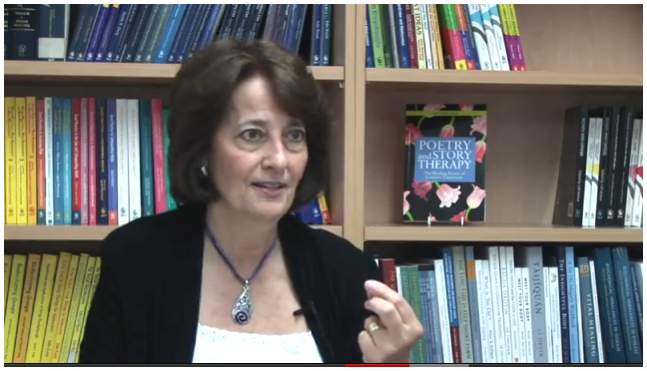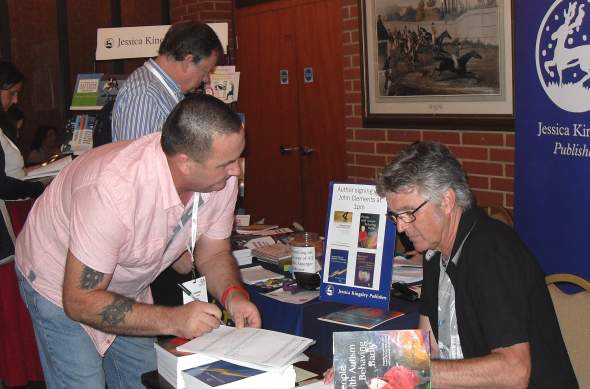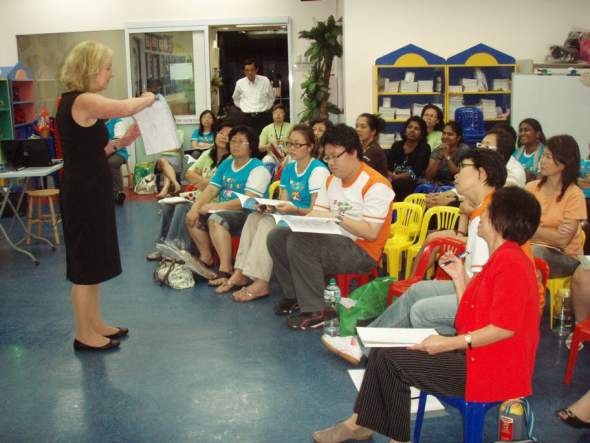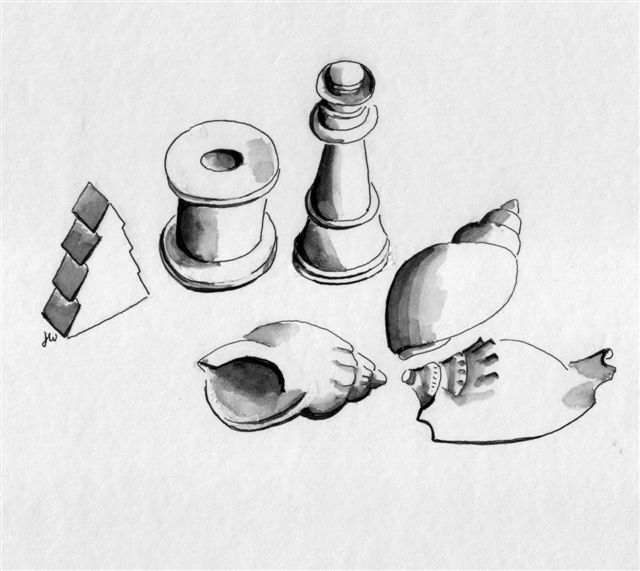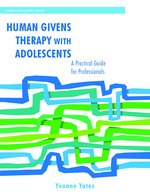Using analogies and metaphors to understand and help defeat a child’s eating disorder – An Interview with Ahmed Boachie and Karin Jasper
“The analogies and metaphors in our book help parents understand eating disorders in a way that allows them to ally themselves with treatment rather than with the eating disorder. Children who believe that others grasp their experience find it easier to open up. They feel understood, respected, appreciated, and supported, thus decreasing their guilt and improving their listening.”


